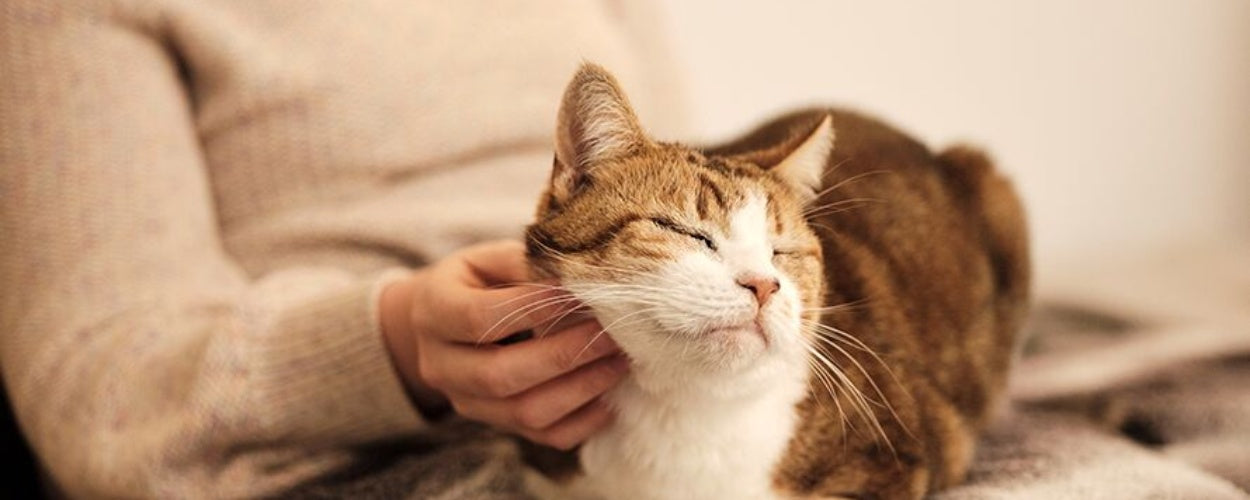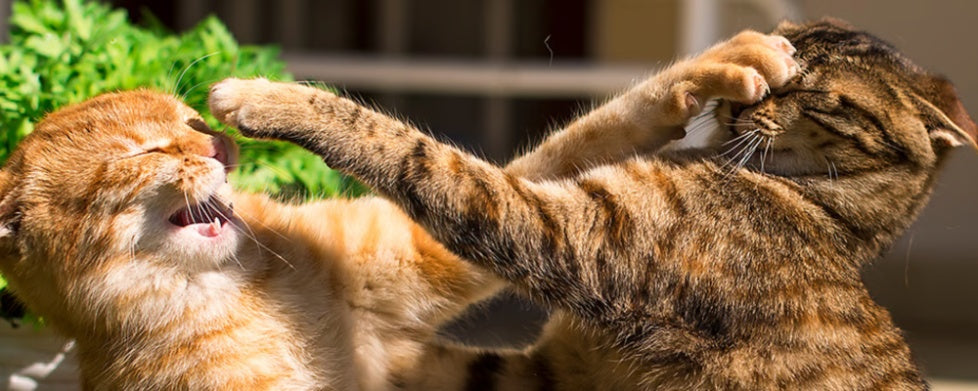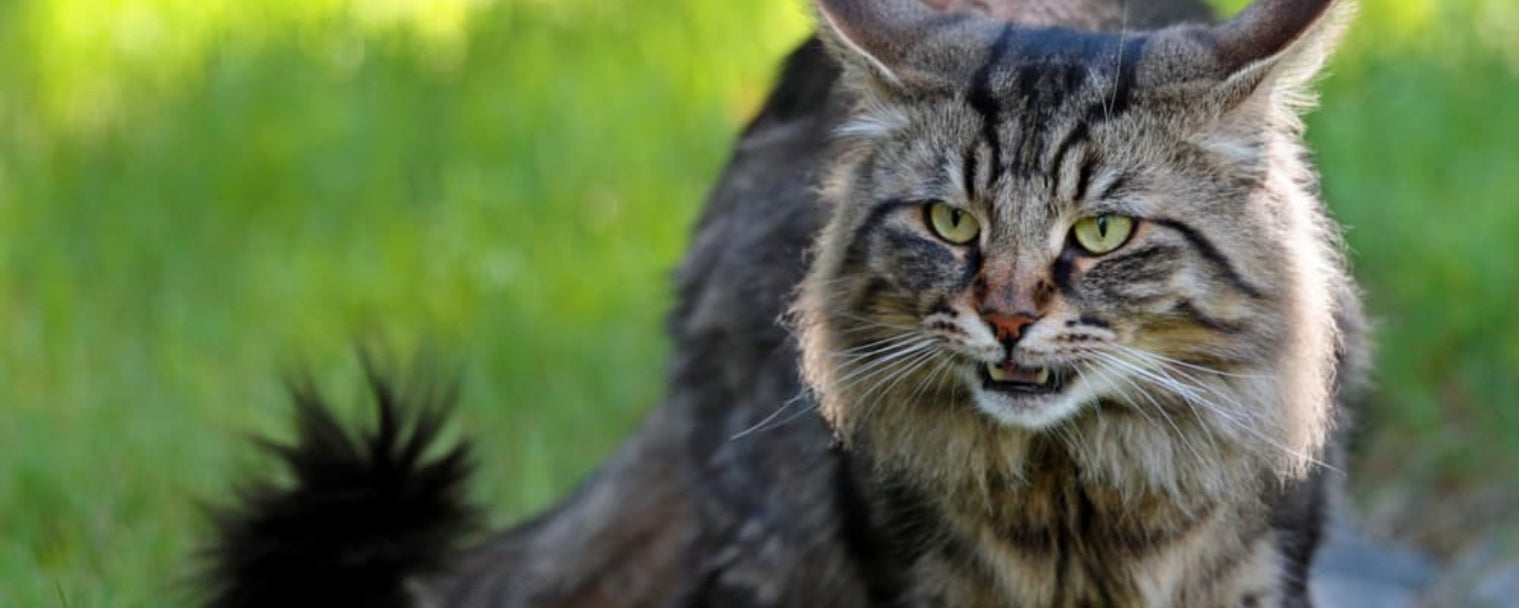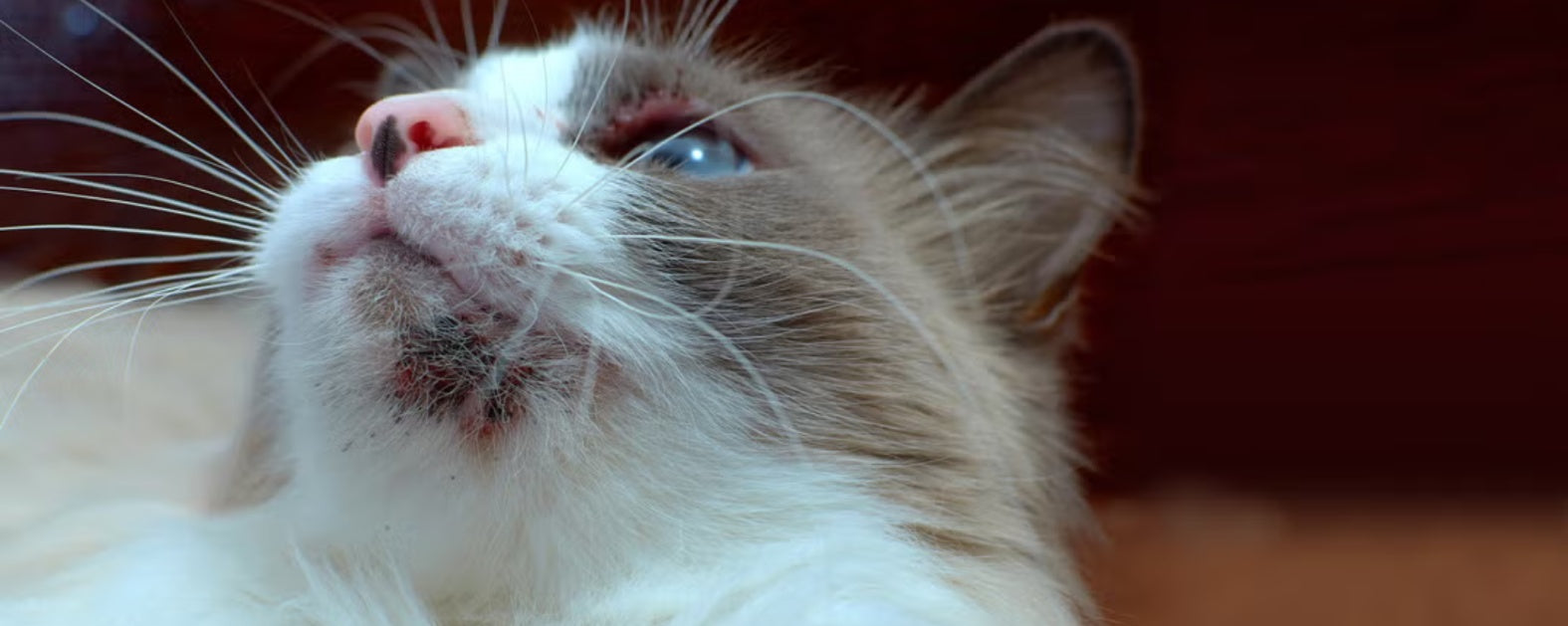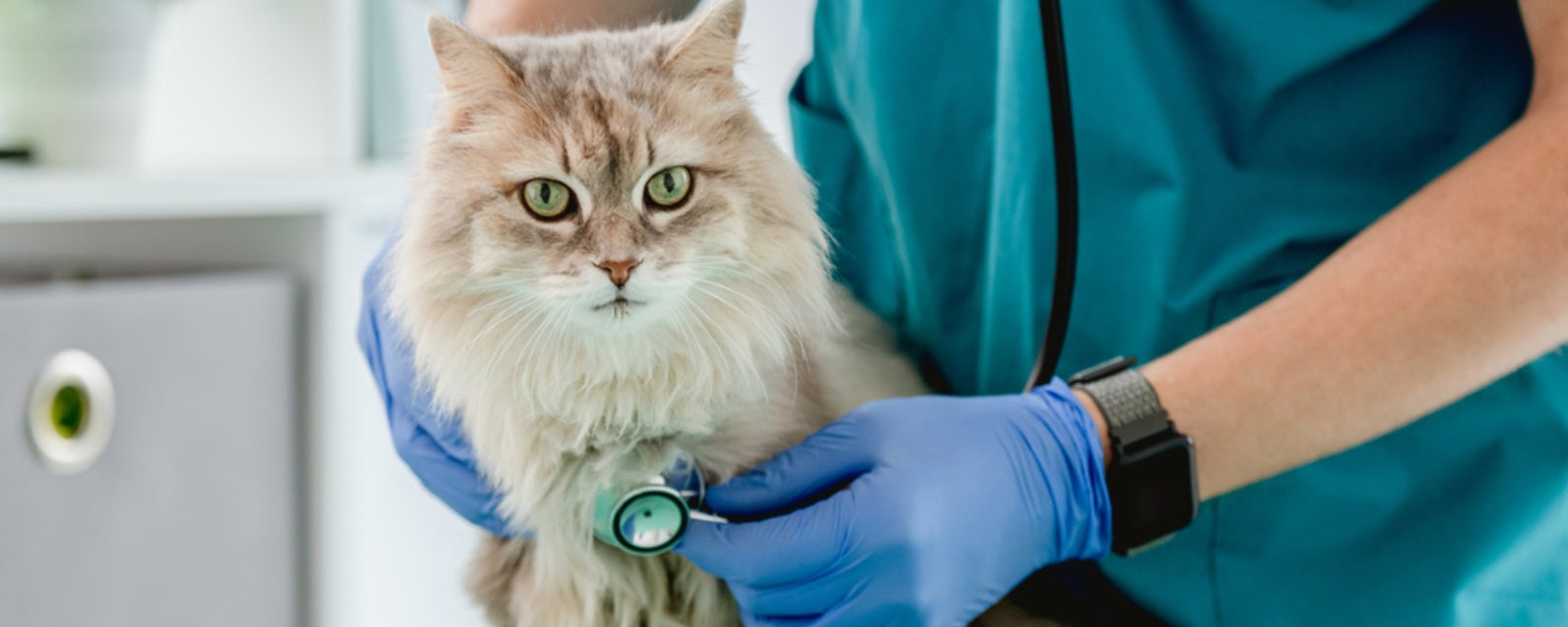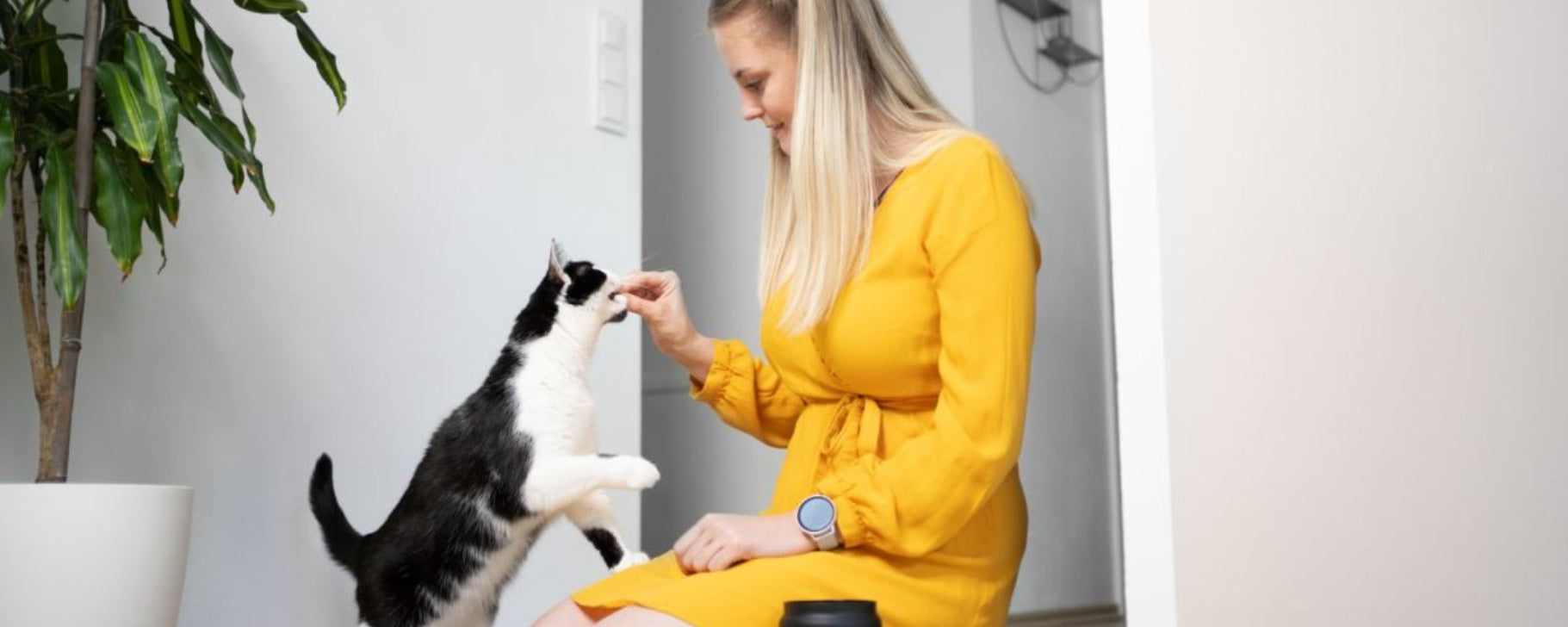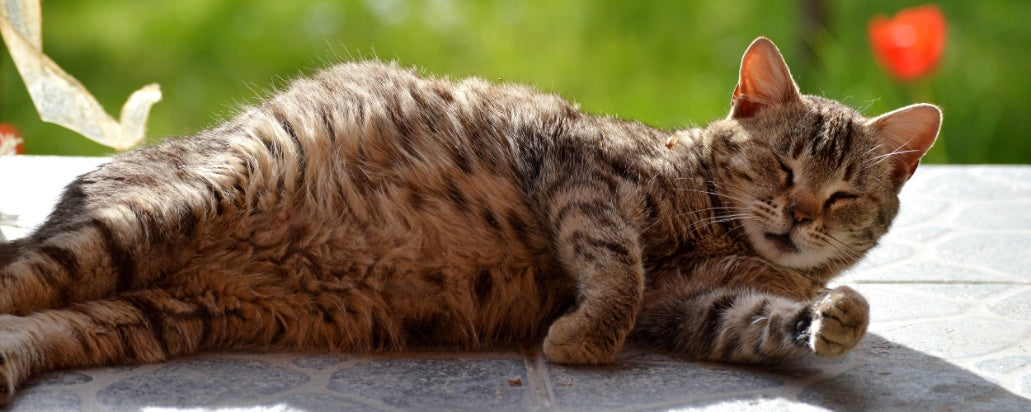Fireworks displays are exciting for humans but can be extremely stressful for cats. The loud noises, sudden flashes of light, and vibrations create an overwhelming experience, triggering anxiety and fear. Some cats may hide, show signs of distress, or even attempt to escape, putting themselves in danger. As a responsible cat owner, preparing in advance is crucial to ensure their safety and comfort. Veterinarians and animal behaviorists recommend several strategies to help reduce stress and create a secure environment for cats during fireworks.
1. Keep Your Cat Indoors Before Fireworks Begin
One of the greatest risks during fireworks is that frightened cats may run away. Sudden loud noises can trigger a strong flight response, causing them to bolt outdoors in a panic. If they escape, they may hide in unsafe areas, face traffic hazards, or struggle to find their way home. To prevent this, bring your cat indoors before sunset on days when fireworks are expected. Close all windows, doors, and cat flaps to reduce the chances of them slipping outside. Create a comfortable indoor space where they feel safe, ensuring their litter box, food, and water are easily accessible. Even if your cat enjoys outdoor time, keeping them inside on nights with fireworks is the best way to prevent potential dangers.
2. Provide a Safe Hiding Spot
When cats feel threatened, they instinctively seek shelter. Having a designated hiding space can help them feel more secure during fireworks. Choose a quiet, enclosed area away from windows and doors where they can retreat. Providing a cardboard box lined with blankets, a covered cat bed, or a high-up space on a cat tree can make them feel safer. Some cats prefer being elevated, while others prefer being tucked into a hidden spot. Avoid forcing them out of their chosen hiding place, as this can increase their stress. Instead, allow them to stay there for as long as they need until they feel comfortable again.
3. Use Calming Aids and Pheromone Diffusers
Calming products such as pheromone diffusers, sprays, and supplements can help reduce anxiety in cats. These products mimic the natural pheromones that cats release when they feel secure, creating a more relaxing atmosphere. Pheromone diffusers, such as Feliway, should be plugged in a few weeks before fireworks season to be most effective. Calming sprays can be applied to bedding, blankets, or furniture in the room where your cat spends most of their time. In some cases, natural calming treats or supplements containing L-theanine or tryptophan can help promote relaxation. If your cat experiences extreme stress during fireworks, consult a veterinarian about potential prescription medications for anxiety relief.
4. Keep the Environment Calm and Distraction-Free
Creating a calm indoor environment can help reduce stress caused by fireworks. Loud noises and sudden disturbances can make a cat feel even more unsettled. Close curtains and blinds to block out flashing lights, which can add to their anxiety. Playing soft music, white noise, or keeping the television on at a moderate volume can help mask the sound of fireworks. Avoid sudden loud noises in the home, such as vacuuming or slamming doors, as this can add to their stress. A consistent and peaceful environment allows your cat to feel safer and less affected by external noise.
5. Let Your Cat Set the Pace for Interaction
Some cats seek comfort during stressful situations, while others prefer to be left alone. It is important to respect their preferences and not force interaction. If your cat hides, allow them to stay there until they feel ready to come out. If they seek physical contact, provide gentle petting and soothing words. Avoid picking them up or restraining them, as this can make them feel trapped and increase stress. Being present and available without overwhelming them is the best approach to helping them cope.
6. Ensure Microchip and ID Tags Are Up to Date
Even with the best precautions, some cats may still escape in a panic. Having an updated microchip and ID tag increases the chances of finding them quickly. Check with your veterinarian or pet registry to confirm that your cat’s microchip details are current. If your cat wears a collar, ensure it has an ID tag with your phone number. Keeping recent photos of your cat can also be helpful in case you need to create lost pet alerts. Being prepared with identification ensures that if your cat does get lost, they have a higher chance of being safely reunited with you.
7. Recognize Signs of Stress and Anxiety
Cats respond to fireworks differently, and it is important to recognize signs of stress. Some cats may remain calm, while others display noticeable behavioral changes. Common signs of stress include hiding for extended periods, pacing, excessive meowing, overgrooming, litter box avoidance, loss of appetite, and sudden aggression or clinginess. If your cat exhibits these behaviors, take steps to comfort them and provide a secure environment. If symptoms persist beyond fireworks season, consult a veterinarian or animal behaviorist for further support.
8. Long-Term Anxiety Solutions for Highly Stressed Cats
For cats that experience extreme distress during fireworks, long-term strategies may be necessary. Behavioral training can help desensitize them to loud noises over time. Playing low-volume recordings of fireworks and gradually increasing the sound can help them adjust in a controlled setting. Pairing these sounds with positive reinforcement, such as treats or praise, can create a more positive association. If your cat has severe noise-related anxiety, a veterinarian may recommend anti-anxiety medication to help them manage stressful events more effectively. Addressing long-term anxiety through training and professional guidance can make future fireworks events less distressing.
Final Thoughts
Fireworks can be a stressful experience for many cats, but with the right preparation, you can significantly reduce their fear and discomfort. Keeping them indoors, providing a safe hiding space, using calming aids, and maintaining a quiet environment can help them feel secure. Every cat reacts differently, so observing their behavior and adjusting your approach accordingly is key. If your cat struggles with extreme anxiety, seek advice from a veterinarian or behaviorist to develop a tailored plan. By taking proactive steps, you can make fireworks season a much calmer and safer experience for your cat.

